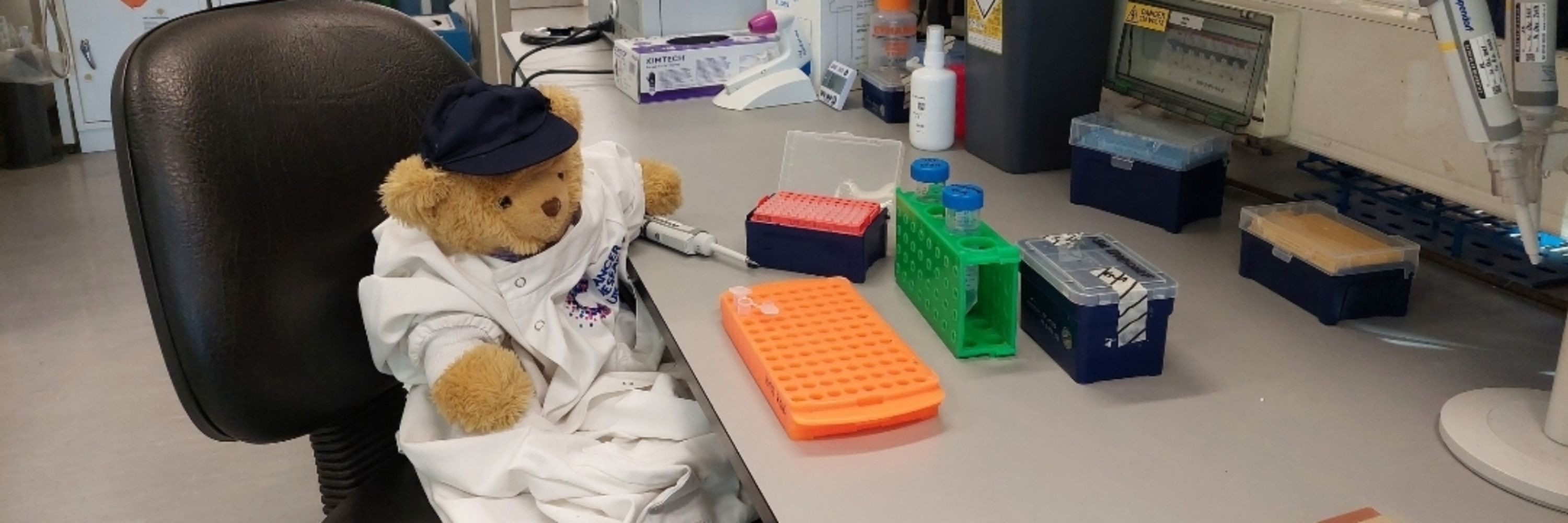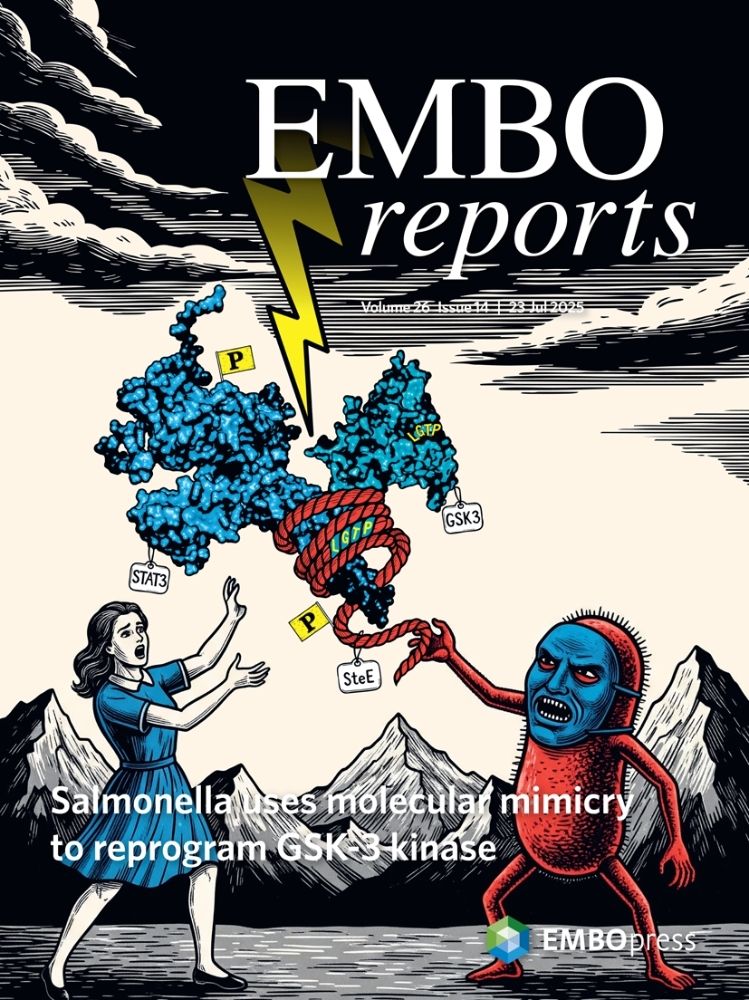
Uridine phosphorylase-1 supports metastasis by altering immune and extracellular matrix landscapes | EMBO reports share.google/JXMzGDRzpl0E...

Uridine phosphorylase-1 supports metastasis by altering immune and extracellular matrix landscapes | EMBO reports share.google/JXMzGDRzpl0E...



